The magnificence of the human machine, also known as the human body, gives us three-dimensional vision. It is that benefit that allows us to evaluate size and distance.

Photo by the U.S. Navy
In photography, that benefit becomes obscured, because photos are a two-dimensional medium. This fact of optics is one reason why a photo can appear lifeless and flat.
Quick Tip
One way to establish the size and scale of an object within a photo is to include another object of known size and proportion.
In the above photograph, we can see some of the crew members lined up across the aircraft carrier’s bow. This visual comparison between the human body and the vessel helps viewers comprehend the ship’s enormous size.

Photo by Pixabay user 12019
In the above photo of an aircraft carrier, not much helps us evaluate the aircraft carrier’s size. However, we do get a slight sense of distance.
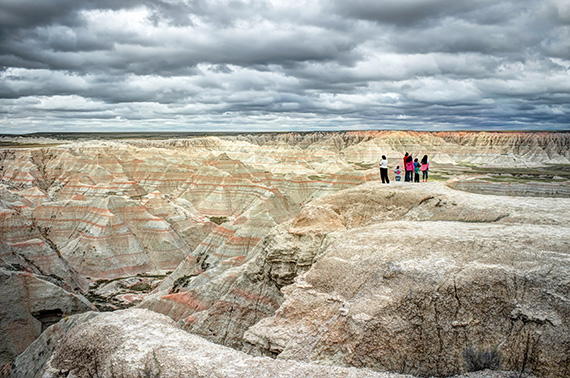
Photograph by Kent DuFault
When your photos, especially landscapes, include people or some other object of a familiar size, it will give your resulting photo depth perspective and a sense of scale.
Without the inclusion of this family standing at the Badlands in South Dakota, it would be impossible to appreciate the vastness of the landscape.
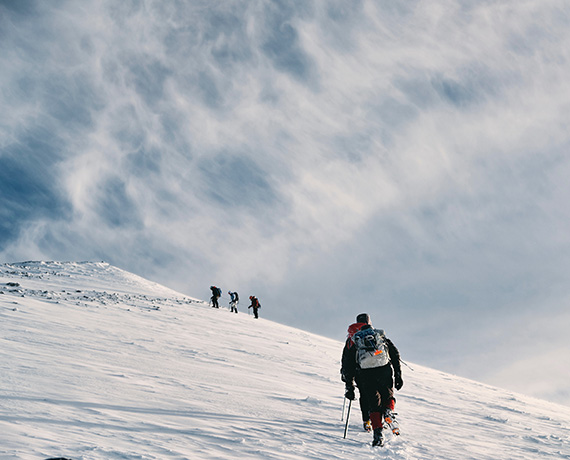
Photo by Todd Diemer
Including an object of a familiar size can also help to establish distance and vertical perspective. Suppose you take your hand and cover up the mountain climbers in the foreground of the above image. It becomes difficult to realize how far away from the camera are the climbers off in the distance.
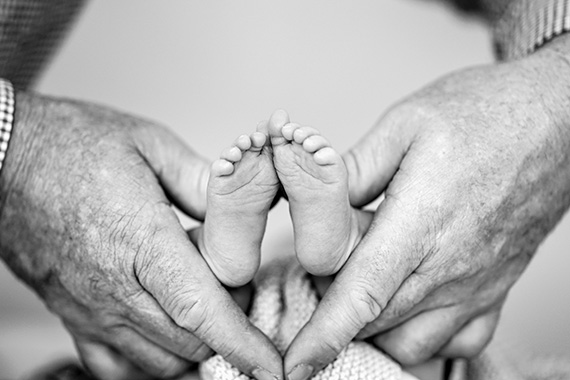
Photo by Lisa Cope
Scale and perspective work both ways.
It can tell us that something is large or far away—or it can tell us that something is small and up close.
The next time you’re out taking pictures, consider what you might include within the frame to give a viewer a sense of size and depth.
About the Author:
Kent DuFault is an author and photographer with over 35 years of experience. He’s currently the director of content at the online photography school, Photzy.com.
For Further Training:
This recently updated & expanded in-depth guide rolls years and years of practical knowledge, condensed into 239 pages packed with training, illustrations, and assignments. Advanced Composition goes far beyond knowing what composition is… (or, even knowing what the tools of composition are). Develop the SKILLS of anticipation, pre-visualization, and timing that are core to capturing great photography.
Broken into 84 key lessons, 38 assignments, & 117 self-check questions – it delves DEEP into the artistic and technical aspects of photographic composition. With this guide you will learn to SEE light, shadow, lines, curves, space, repetition, and focal points.
Found here: The Advanced Composition Guide at 79% Off
Like This Article?
Don't Miss The Next One!
Join over 100,000 photographers of all experience levels who receive our free photography tips and articles to stay current:
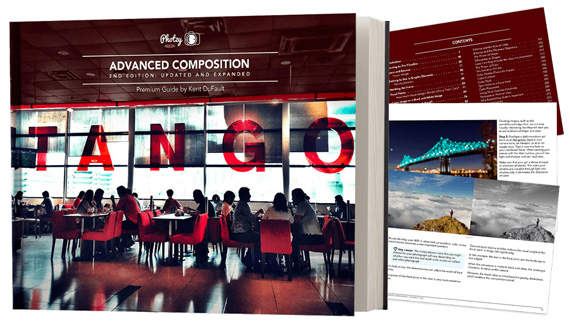



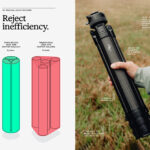
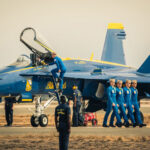
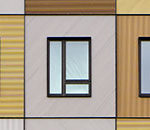
Leave a Reply